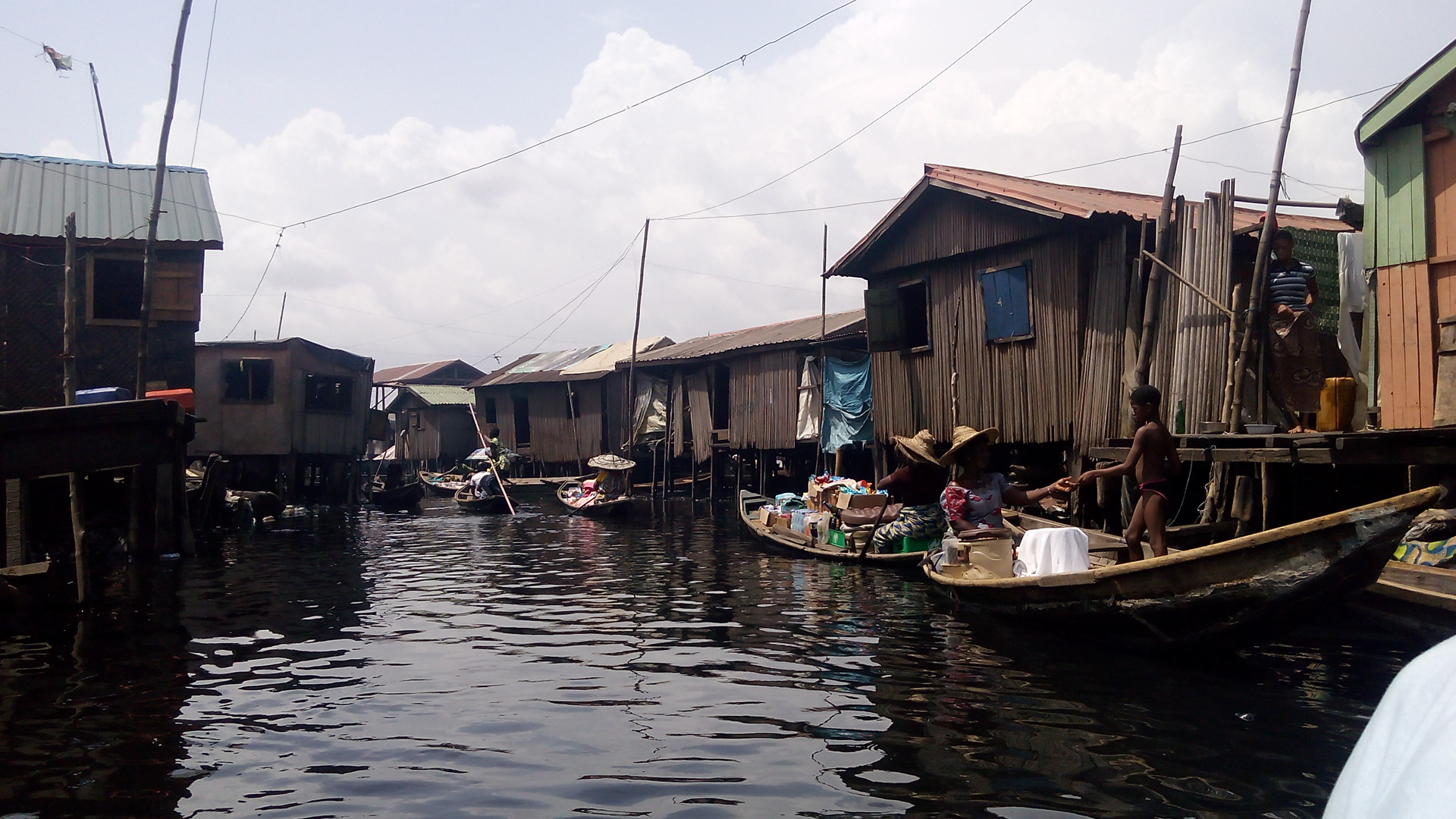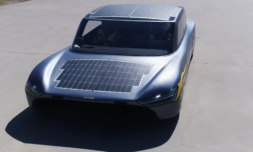Makoko, the world’s largest floating slum, is located on the Lagos Lagoon in Nigeria. It has a population of over 200,000 people living in precarious conditions, with limited access to basic amenities such as education, clean water, sanitation, healthcare, and electricity.
Makoko slum has been a fishing village for decades and has attracted many from neighboring countries such as Benin.
The residents live in houses built on stilts on the water and depend on boats to move around. Over the years, the community has grown and become more diverse.
Recently, Makoko has received attention from the media and various non-governmental organizations due to poor living conditions. The NGOs efforts to develop the community has remained a struggle as the younger population grows to overwhelming levels.
Nigeria’s government has largely ignored the needs of the residents, leaving them to live in substandard conditions.
One of the main reasons for neglect is a lack of political representation for the community within government. Villagers have been plagued by poverty and unemployment, with many struggling to make ends meet. Makoko has most living in shacks and houses built on stilts on the water.
As such, it is not recognized by the government as a formal community and its residents are not entitled to the same services and support as those living in established towns and cities.




















